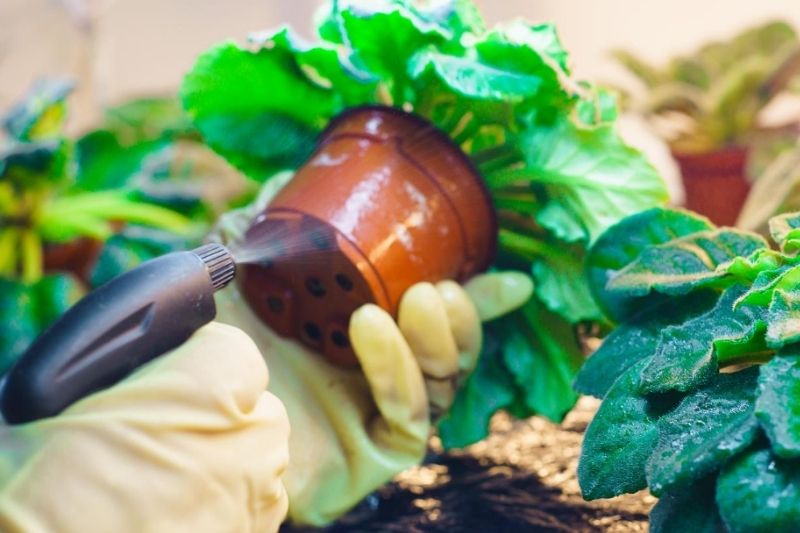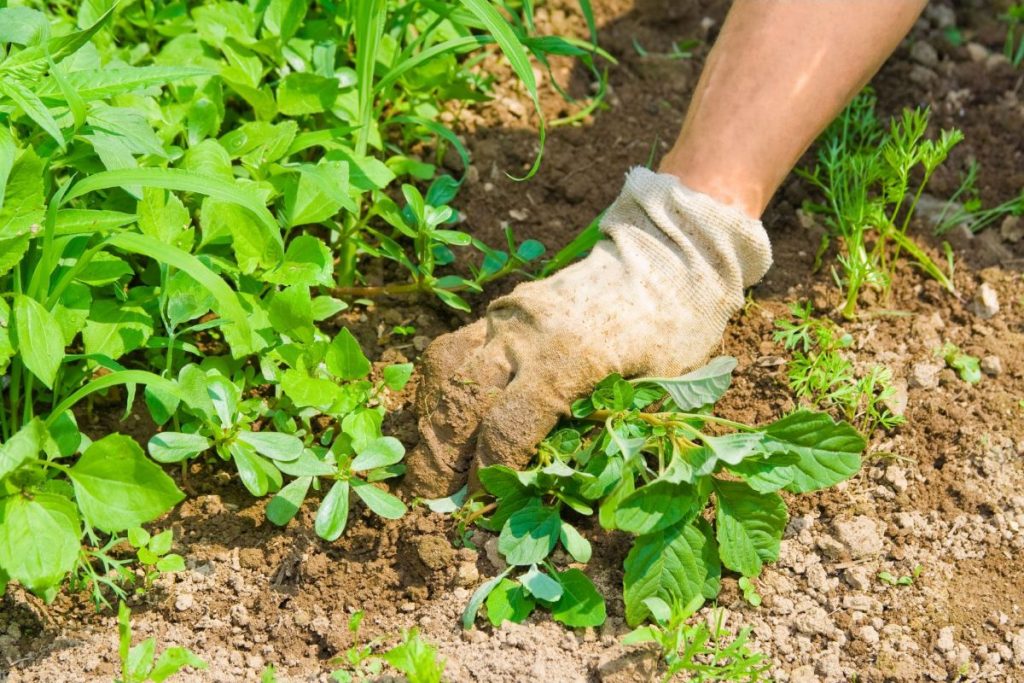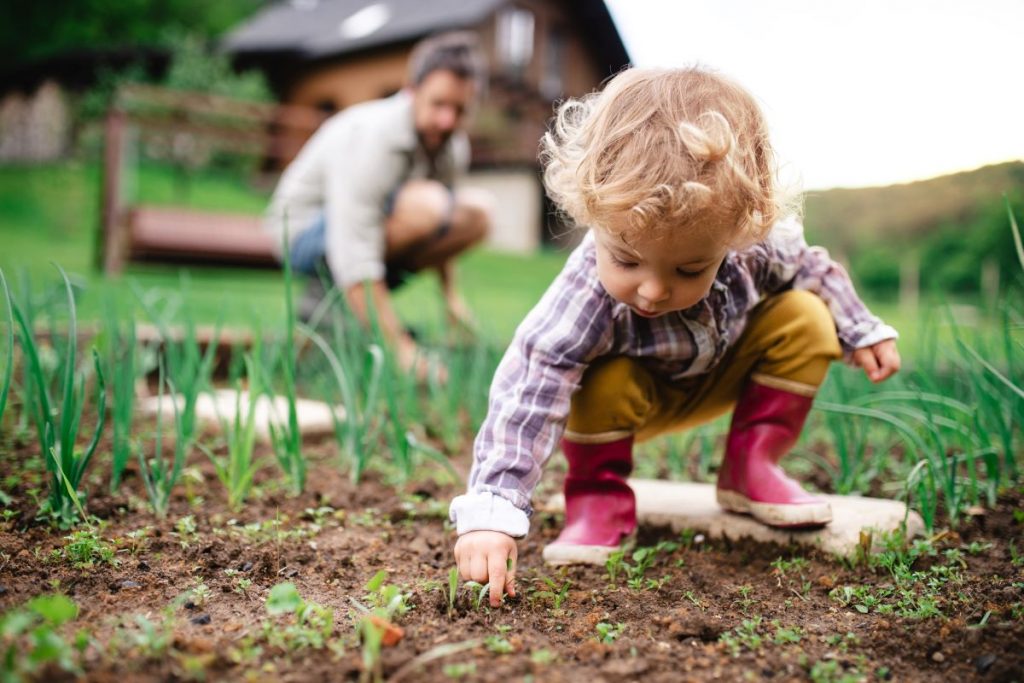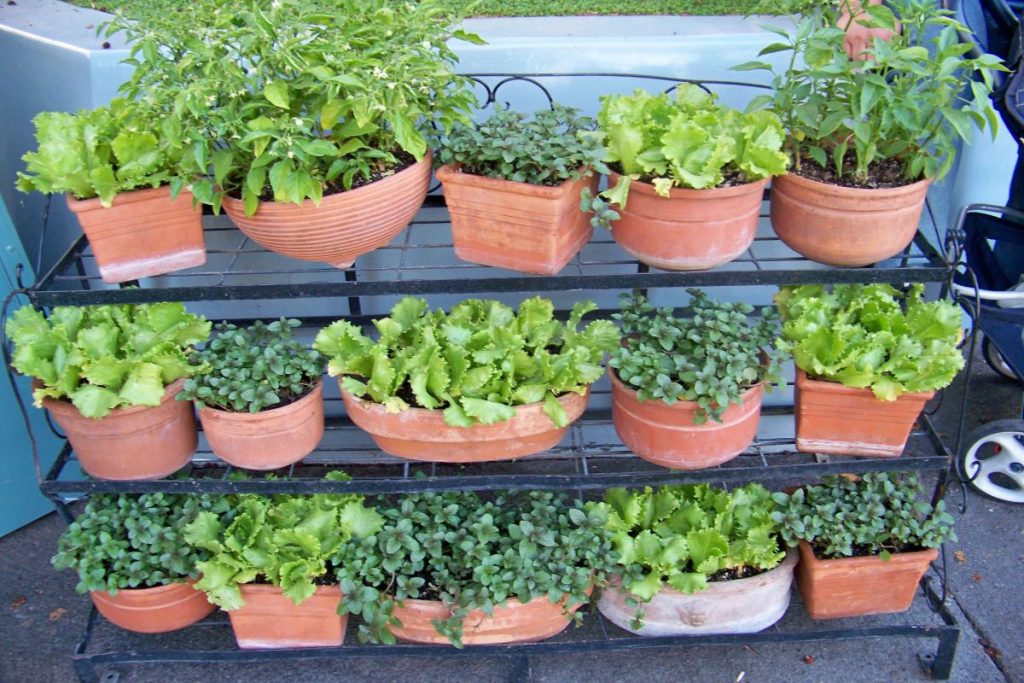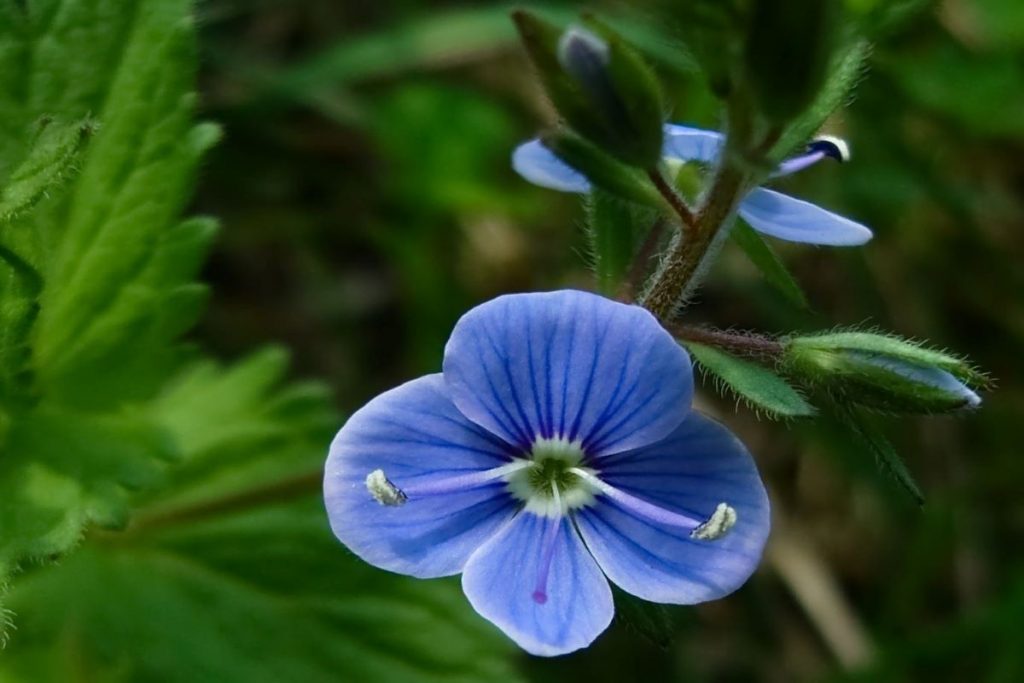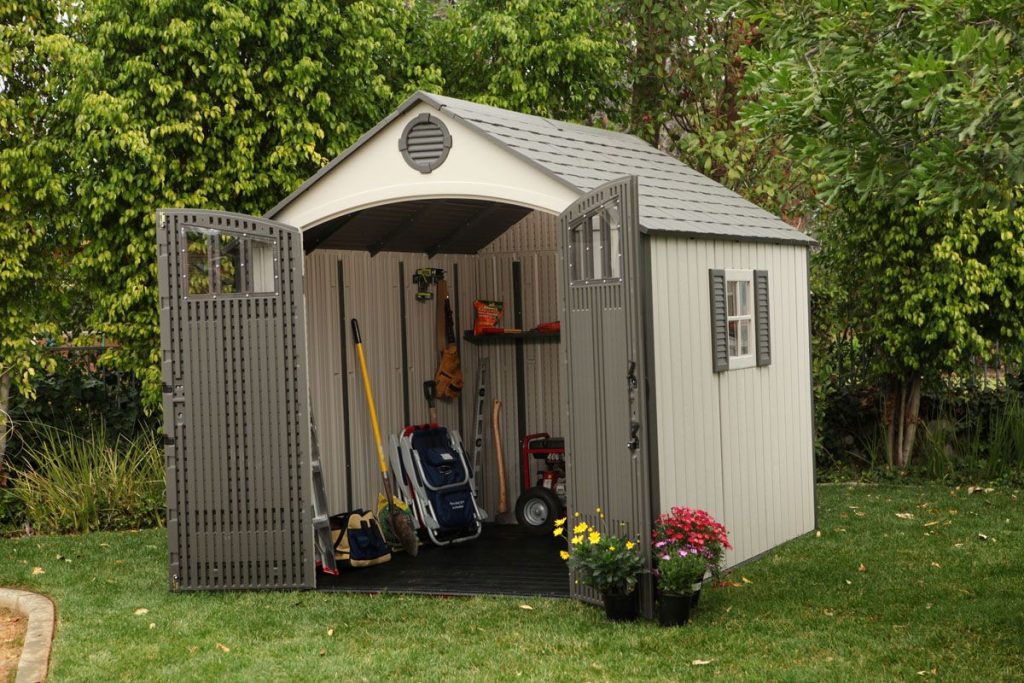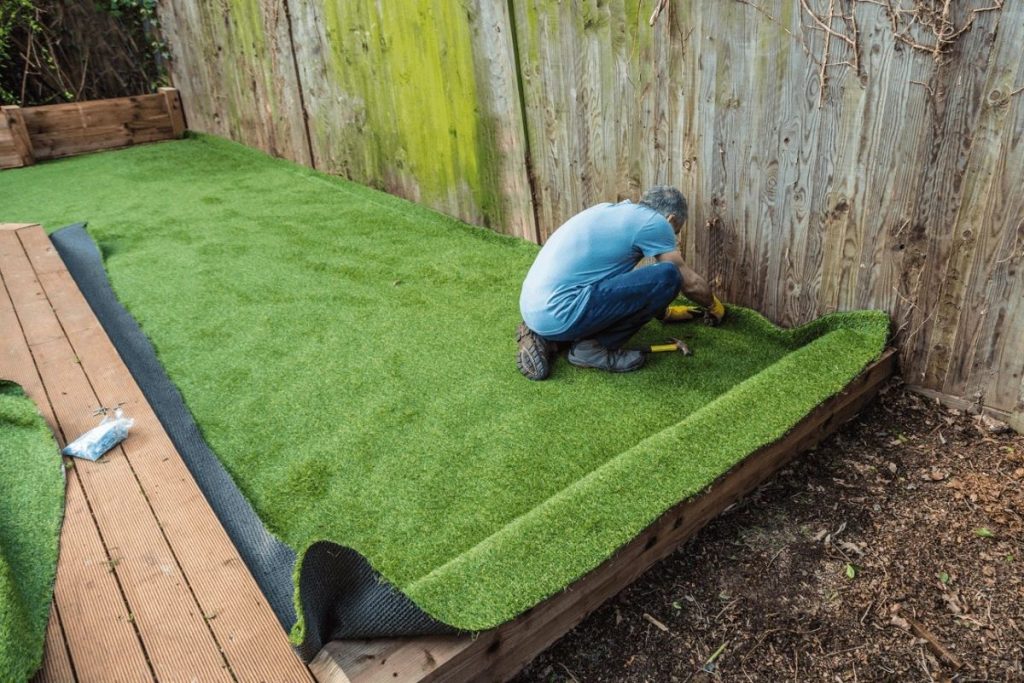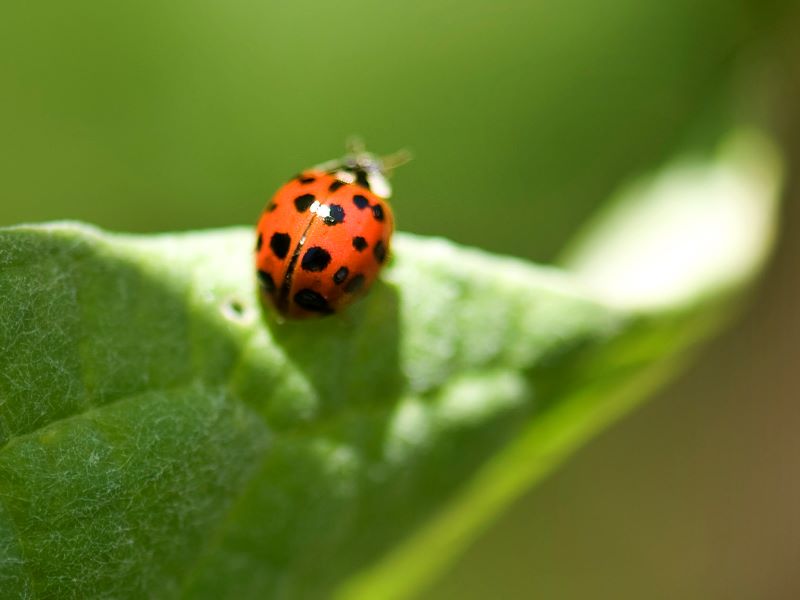Table of Contents
We all love our plants and raise them, just like our babies. But the worst part is when bugs attack them and make them hollow. Just like how your babies need vaccination the same way your plants need proper care and insecticides to enjoy a healthy life. Are you worried about keeping your plants in perfect shape, then you have come to the right place. Let us discuss how you can naturally get rid of bugs in your plants.
Giving a fight to the bugs that attack your plants is a huge deal. When spraying insecticides, it is not considered safe because of the chemicals. When you think of getting rid of the bugs that are slowly making your plants hollow, you can think of natural ways.
In this article, we will offer you some quick natural tips to help you give a good fight to the bugs.
Natural Ways of Fighting the Bugs on the Plants
Here is a rundown of some quick tips that can help you solve your problem naturally:
Use repellents and install barriers
The best thing you can do is install barriers like the fence to keep the bugs away and spray friendly repellents on your plants. This way, the bugs cannot sit on your plants and fly away and find another place.
Cut off the yellow leaves
You need to check your plants regularly and cut off the leaves that have dried and become yellow. While other conditions, such as improper watering, extreme temperature changes, and excess humidity, can yellow plants, three common houseplant pests, whiteflies, spider mites, and mealybugs are also known to yellow houseplant leaves and drop off as a result of their feeding habits. All three of these pests use their sharp mouthpieces to pierce the leaves and stems of plants, allowing the insects to suck juices directly from the tissue of the plants. An infestation can quickly deplete the plant of its necessary nutrients, which can yellow and drop off the leaves of the houseplant.
Inspect your plants before you buy them
One of the best ways to keep the bugs away is by checking your plants before you get them home. Yes!! The moment you plan to shop for a particular plant, check it out nicely. Open the leaves and inspect them. Do not forget to check the stem, and when you are sure that the plant is not infested only, you must bring it home. A single infested plant can grow the number of bugs in your garden and eventually wither your beautiful area.
Use soapy water
You might be surprised to know this, but one of the best ways to get rid of the bugs is by using soapy water spray on your plants. This water will make the bugs which are stuck on your plants lose their grip and slip away. Make sure you do not let the soap water stay on your plants for a long time. Quickly rinse them off with fresh water.
Do not overwater your plants
Watering your plants is considered to be a healthy habit but you should not overwater them. The water will get accumulated and will create a moist area that is regarded as the best for the bugs to breed. They will lay their eggs in the wet soil, and your problem will outgrow them to an uncontrollable limit.
Call the pest control professionals
When you think that now you have tried everything possible and things are out of control, then this is the best time to call pest control professionals. They are experts and well-experienced in their field and will help you get rid of your problem to the core. Not only this, but they will also offer you solutions that can help you in the future.
Spray beer
Yes!! It is not just only for drinking but can also prove to be a great companion for your plants. Just spray beer all over your garden, and the bugs will stay miles away from them. The pungent smell of rotten hops is not liked by the bugs, and they will not come near your plants for a treat.
Pepper spray
Kill those monsters with pepper spray. Mix a two-tablespoon red pepper solution, six drops of dish soap, and 1 gallon of water, and spray your plants. Black pepper, chili pepper, dill, ginger, and paprika also work, as they contain capsaicin that repels spider mites and other insects.
A mixture of essential oils
Sage, thyme, basil, rosemary, mint, rue, and lavender essential oils repel some insects. To create a spray, take the crushed leaves or trimmings, soak them overnight, and strain them in a bucket of water. Or dilute the essential oil with water bought from the shop. These herbs can also be planted in your yard to detract insects.
Keep on rotating your plants
Crop yields decline when the plants are sown in the same beds repeatedly. That is partly because populations of soil-dwelling pests such as grubs, wireworms, and maggots are increasing. Prepare growing season to move plant families to new beds to avoid pests on the run.
Install traps
Mechanical traps scare plant pests away, allowing them to be eliminated from the garden. Different traps can be bought in garden stores or made at home. Build your own slug and snail trap by nailing wooden strips on a wall. Please place it in the garden with the pieces down, so the board is propped off the ground slightly. Slugs and snails are going to crawl under it, and can easily be removed from the field.
Neem leaves
One of the best options, when nothing comes to your mind, is by placing neem leaves all across your plants. What else you can do is you can spray neem spray on your plants. Neem tastes bitter, and your plants, when sprayed with the solution, will have a bitter taste and will make the bugs run away from them.
Nettle leaf spray
Nettle leaf has been used for centuries as a natural pest control solution. Rich in nitrogen and other nutrients, nettle leaf not only deters aphids, mites, and other common garden pests but also strengthens your plants’ natural defenses. Simply steep fresh or dried nettle leaves in water for 24 hours, strain the mixture, and spray it directly onto affected plants. This natural remedy is safe for vegetables and ornamental plants alike.
Fertilizers
Yes!! This is one of the traditional methods that you can use to keep the bugs away. The manure you use must be of good quality and should also not have any chemicals in them. For those who have planted vegetables and fruits in their garden, it is crucial to choose fertilizers wisely.
Conclusion
These are some quick natural ways in which you can get rid of the bugs from your garden without any hassles of using chemicals and worrying about their health. If you still feel scared that your plants might face some problems, then you can get in touch with the pest control professionals and get your issues resolved.
Ultimate Guide: How to Get Rid of Aphids, Gnats, and Mealybugs from Your Plants
Introduction:
Having a thriving garden requires keeping common pests like aphids, gnats, and mealybugs at bay. These pesky insects can damage your plants and hinder their growth. In this comprehensive guide, we will explore effective techniques to eliminate aphids, gnats, and mealybugs from your plants, ensuring their health and vitality.
I. How to Get Rid of Aphids
Blast them away: Use a strong stream of water to dislodge aphids from the plants. This method is particularly effective for small infestations.
Introduce natural predators: Ladybugs, lacewings, and parasitic wasps are beneficial insects that feed on aphids. Consider releasing them in your garden to control aphid populations.
Homemade aphid spray: Create a natural spray by mixing a teaspoon of dish soap with a quart of water. Spray this solution on affected plants, targeting the aphids directly.
Neem oil: Dilute neem oil according to instructions and spray it on the affected plants. Neem oil disrupts the aphids’ life cycle and acts as an organic insecticide.
II. How to Get Rid of Gnats in Plants
Allow soil to dry: Overwatering creates a favorable environment for gnats. Let the soil dry between waterings to discourage gnat breeding.
Sticky traps: Place yellow sticky traps near the affected plants. The bright color attracts gnats, effectively trapping them.
Sand or gravel barrier: Create a physical barrier on the soil’s surface by adding a layer of sand or gravel. This prevents gnats from laying eggs in the soil.
Apple cider vinegar trap: Fill a container with apple cider vinegar and a few drops of dish soap. Gnats are attracted to the vinegar and get trapped in the soapy solution.
III. How to Get Rid of Mealybugs
Isopropyl alcohol: Dab a cotton swab soaked in isopropyl alcohol directly on the mealybugs to kill them. Repeat until the infestation is under control.
Neem oil: Dilute neem oil according to instructions and spray it on the affected plants. Neem oil suffocates mealybugs and disrupts their life cycle.
Insecticidal soap: Apply insecticidal soap to the plants, focusing on areas with mealybug infestations. The soap suffocates the insects and effectively controls their population.
Pruning and isolation: For severe infestations, prune heavily infested plant parts and isolate affected plants to prevent the spread of mealybugs.
IV. Preventative Measures and Additional Tips
Regularly inspect plants: Monitor your plants for early signs of pests and take prompt action.
Maintain plant health: Healthy plants are less susceptible to pest infestations. Ensure proper watering, adequate sunlight, and balanced nutrition.
Natural repellents: Some plants, such as marigolds, mint, and lavender, have natural insect-repelling properties. Plant them near susceptible plants to deter pests.
Proper hygiene: Clean up fallen leaves and debris around your plants to minimize pest breeding grounds.
Integrated Pest Management (IPM): Employ a combination of organic methods, cultural practices, and, if necessary, targeted pesticide applications to manage pests effectively.
Conclusion:
With the knowledge and techniques provided in this guide, you can confidently combat aphids, gnats, and mealybugs in your garden. Remember, early detection and proactive measures are key to maintaining a pest-free environment for your plants. By implementing these strategies, you’ll ensure the health and vibrancy of your plants, allowing them to flourish and thrive. Stay vigilant and regularly monitor your garden for any signs of aphids, gnats, or mealybugs. Taking immediate action at the first sight of an infestation will prevent further damage and help maintain the overall health of your plants.
Remember, it’s essential to use environmentally friendly and organic methods whenever possible to minimize the impact on beneficial insects, the ecosystem, and your own health. By following these effective methods and incorporating preventative measures, you can effectively manage and eliminate aphids, gnats, and mealybugs from your plants.
Always consult with local gardening experts or professionals for specific recommendations tailored to your region and plant species. With patience, persistence, and proper care, you can create a pest-free environment and enjoy a lush and thriving garden for years to come. Happy gardening!
